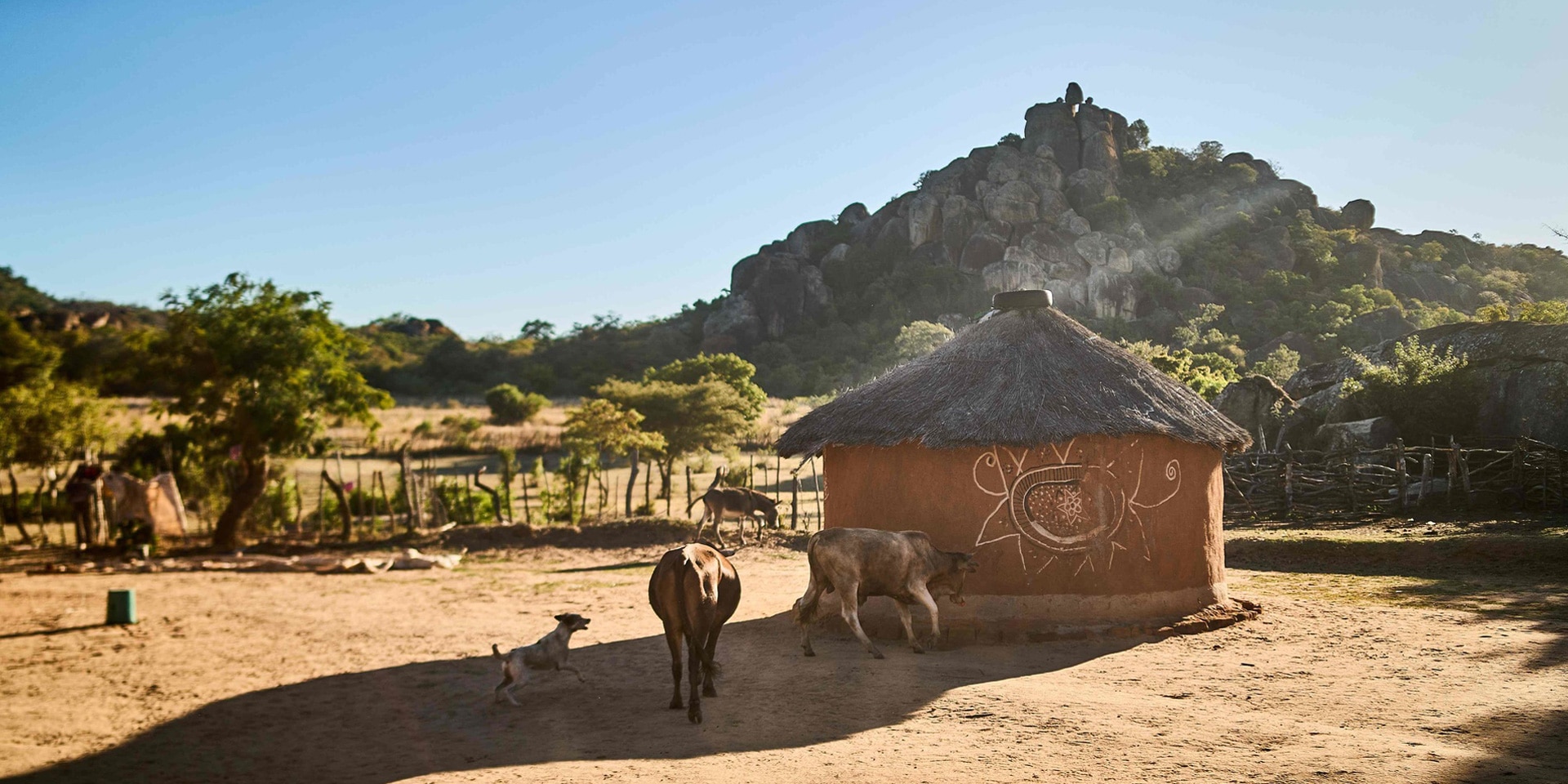Switzerland facilitates historic agreement for compensation of BIPPA farmers in Zimbabwe
Twenty-five years ago, Zimbabwe implemented a land reform programme that resulted in the expropriation of numerous foreign farmers, including several Swiss nationals. Today, in order to restore confidence and facilitate the process of financial re-engagement, the Zimbabwean government has set up a vast programme to compensate the investors affected. An initiative facilitated by the Swiss ambassador to Zimbabwe.

On 24 January 2025, a first tranche of compensation was paid to 27 Swiss farms and dozens of others owned by Dutch, German, Danish and Serbian nationals. © Keystone
Twenty-five years ago, Zimbabwe implemented a land reform programme that led to the expropriation of numerous foreign farmers, including several Swiss nationals, who were protected by bilateral investment promotion and protection agreements (generally known as ‘BIPPA farmers’). The implementation of the National Reform Programme in 2000 had led to diplomatic and economic tensions, hampering Zimbabwe's relations with the international community. Two decades later, the government of Zimbabwe introduced a comprehensive investor compensation programme, as part of an African Development Bank (AfDB)-led initiative brokered by the Swiss ambassador to Zimbabwe, to restore confidence and facilitate new financial engagement.
On 24 January 2025, a first tranche of compensation was paid to 27 Swiss farms and dozens of others owned by Dutch, German, Danish and Serbian nationals. In total, almost 100 foreign farms are affected. Thanks to Switzerland's diplomatic efforts, a five-year compensation plan has been established that guarantees compliance with the commitments made by Zimbabwe. A total of USD 20 million has been set aside for this first phase, with phased financial commitments continuing until 2028.
This progress represents an important milestone in the process of re-engaging Zimbabwe with the international community and is a testament to Switzerland's crucial role in facilitating this agreement. Switzerland has played a key role in ensuring that the concept of full reparations was recognised and accepted, despite the historical and emotional complexity of the dossier. ‘Switzerland is very proud to have facilitated compensation payments to farmers from Switzerland, the Netherlands, Germany, Denmark and Serbia under the auspices of the African Development Bank. This is a historic achievement that has a direct impact on our citizens,’ emphasised Stéphane Rey, Swiss Ambassador in Harare.
This diplomatic success goes beyond the financial framework: it represents significant progress for Zimbabwe's economic and legal stability, thus facilitating a calmer investment climate. One example of this positive dynamic is the finalisation of a double taxation agreement between Switzerland and Zimbabwe, which is to be signed in Harare on 19 March 2025.
The completion of this process is a success for the Swiss investors concerned, some of whom lost everything in the expropriations in the 2000s. It is also a testament to Switzerland's diplomatic skills and its commitment to justice and the rule of law, as well as to its respect for international agreements. Through its embassy, Switzerland is positioning itself as a mediator able to find concrete solutions to complex problems.
